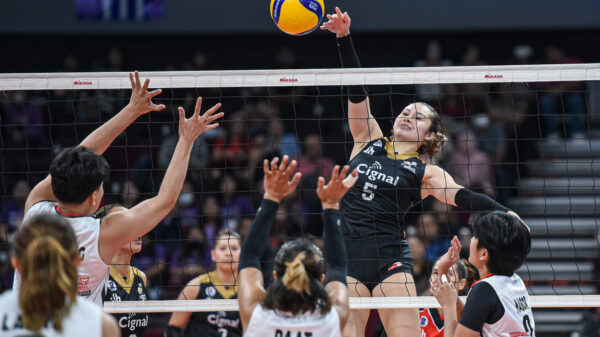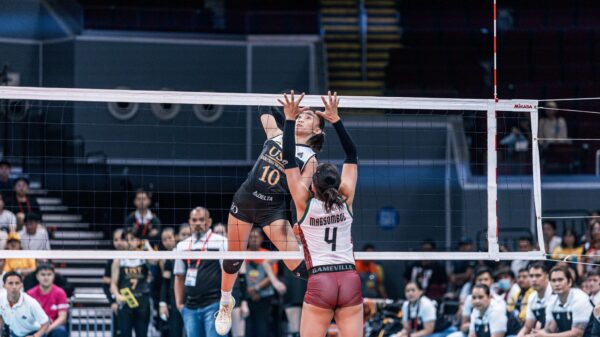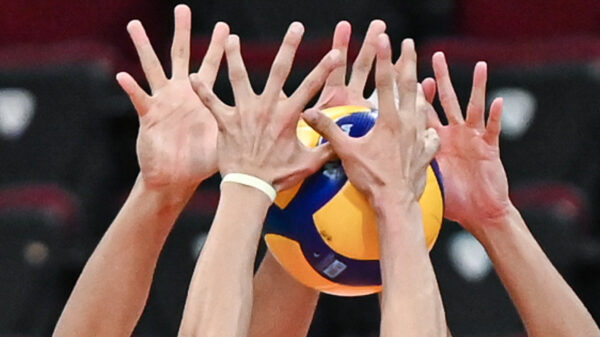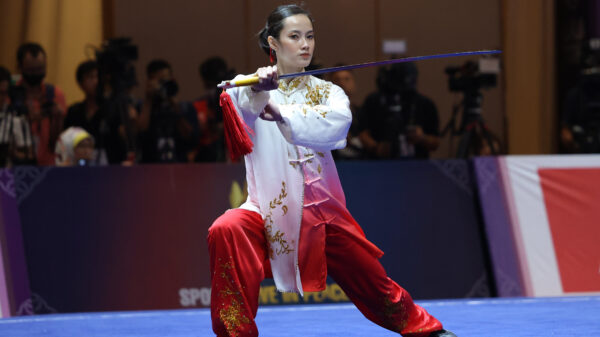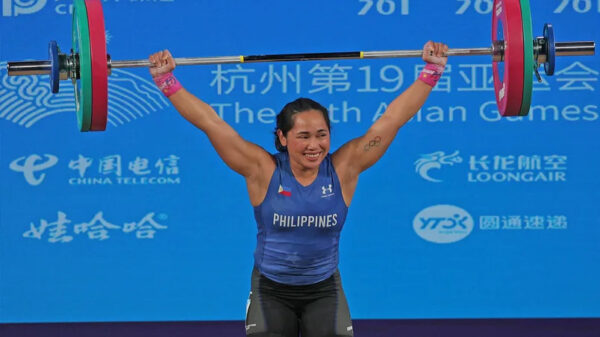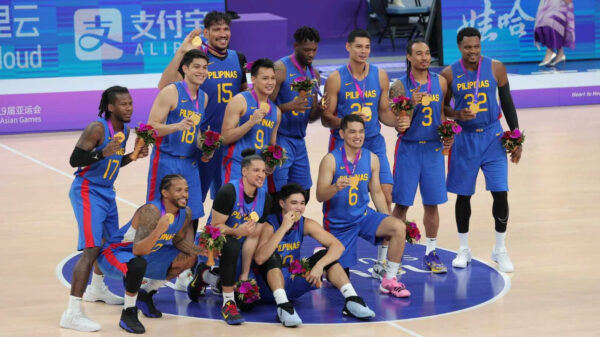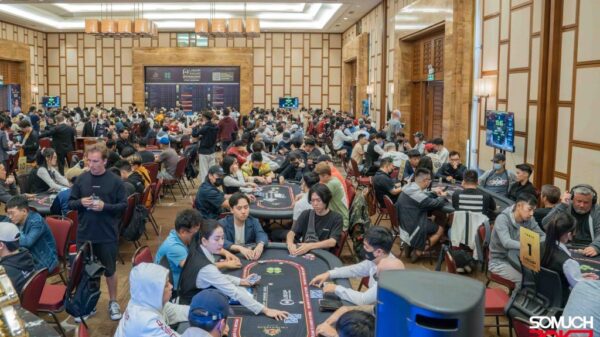Karl Santamaria is one of several former tennis players who left the Philippines in search of greener pastures abroad.
More than anything else, the 47-year-old coach of teen phenom Alex Eala said he did it for his family.
“We would have left earlier if not for the pandemic,” said Santamaria who migrated to Australia last December.
“Always loved Australia and Melbourne in particular. With tennis being so popular here, there is a career in coaching. I was presented with an opportunity to gradually move into more of a management role. Just a better long-term fit overall for me and my family.”
Thirty years ago, Santamaria was diagnosed to be suffering from testicular cancer that derailed his progress as one of the country’s top junior players.
He conquered the Big C in 1996 and played for the University of Santo Tomas in 1997.
After graduation in 2001, Santamaria started his career as head coach of University of Santo Tomas.
Along the way, he served as Eala’s first mentor and eventually head coach of the Philippine team.
These days, Santamaria helps Eala in a more advisory role.
“Would help her and her coaches with scouting and planning whenever she plays someone I know,” he said.
Santamaria advised parents to give priority to instilling values of discipline, a positive attitude, and willingness to be coached in molding their children.
“The relationship of parents and coaches is also vital. Mike and Rizza (Eala’s parents) were always there to support in every way, but always allowed the coaches to effectively do their roles and never interfered,” he said.
Eala is in a good place surrounded by good people, something that can’t be said for the rest of the country’s top players.
The exodus of players and coaches abroad is a tell-tale sign that something is amiss.
“A lot of tennis coaches have gone abroad as there are more opportunities usually in the Middle East, some parts of the United States, and a lot in Singapore and Japan,” Santamaria said.
The Philippines remains suspended by the International Tennis Federation after failing to resolve its leadership row.
In handing the two-year ban in 2020, the world federation set only two conditions for the lifting of the ban.
One, change the charter to ensure that there will be proper representation on the board by all stakeholders of the sport; and two, elect a new set of board members among different sectors.
Nearly two years after, Philippine Tennis Association has done little to comply with the ITF directive.
Meanwhile, the Philippines is barred from competing in the Ryder Cup, Federation Cup, and other tournaments sanctioned by the ITF.
Until tennis officials realized the extent of the damage caused by petty politics, Filipino players are sadly on their own.
“Alex and her family did this on their own, with their funds and efforts from Day 1. And they deserve all the credit for all her achievements,” he said.



